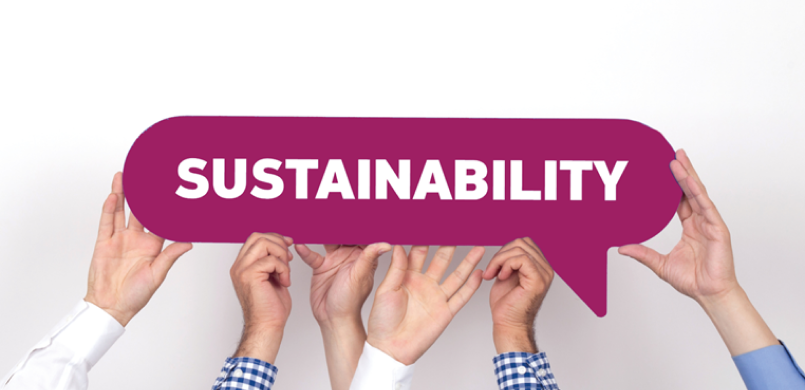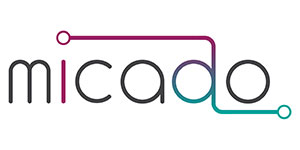
25 Apr Sustainability of the MICADO solution
In less than two months, the MICADO project will end. After years of development and fine-tuning of the product, it is now up to the pilot cities to see in which areas and to what extent MICADO can really take root. This article gives an overview of the so-called uptake activities of the pilot cities.
In Bologna, ASP and UNIBO organized meetings with public administrations and civil society organizations which had already taken part in the usability tests and to the public piloting in order to show them the evaluation of the MICADO app and to discuss the future of MICADO in Bologna and the Emilia-Romagna region. These meetings and presentations helped to ensure the integration of some of the functions of the MICADO solution (guided processes and glossary in particular) as an external link on the Municipality Bologna Welfare App. The meetings aimed at sustaining future proliferation and application of MICADO beyond the Horizon project, in particular by anchoring MICADO in public institutions, which will then take up the responsibility of running the MICADO solution independently. More recently, the meetings with the municipality representatives have also led to the decision of translating some of the original content into Ukrainian/Russian, to help dealing with the ongoing Ukrainian crisis.
In Madrid, 119 migrants, 20 public administrations and 29 civil society organizations participated in the public piloting activities. During the piloting, the main work revolved around the reorganization of topics within the app and the creation of new subcategories and icons to ensure that anyone, regardless of their level of education or language proficiency in Spanish, can find information easily.
The MICADO team tested whether users were able to understand and use the MICADO App without personal assistance from the research team. As a lesson learned, the team stressed the importance of involving end-users in the co-creation of digital tools at an early stage to ensure that the end product is easy to understand and use.
MICADO was listed as one of the finalist projects for receiving the Innovation in Politics Award. In this context, a meeting was held with the Community of Madrid to include MICADO in a project on social history of the citizens. As a next step, a meeting with Madrid Digital will be held to establish a plan for uptaking MICADO. The team in Madrid team will establish a plan to target additional groups for uptaking activities.
In Hamburg, many discussions took place with key players in recent months. The overriding goal was to present the final product, the MICADO app, to the city administration and to establish whether it would make sense and would be feasible to integrate it permanently into the city’s digital services. In Hamburg, migration policy issues are the responsibility of the social services department. In this respect, a needs assessment in the Social Welfare Department was suggested. At the same time, there were two expressions of interest from the Hamburg Welcome Centre, which helps newcomers arrive in Hamburg by helping with questions of work, housing and administration. The expression of interest from a civil society organisation in Hamburg led to a series of discussions with the promising prospect that this organisation could take over and further develop MICADO after the end of the project. In addition to the guided processes and information offered by the app, the arrival and formal integration process in Hamburg could be digitalised.
In Antwerp, several discussions with the main players have taken place in recent months. The main goal was to keep the achievements in the MICADO project on the radar of all projects running on the digitalisation of services at city and regional level. In Antwerp, the alignment of actions and competences at the urban and regional level is important. Both levels are following the developments with great interest and are looking forward to an updated version of the tool based on the local pilot and the short evaluation report.
Since the urgency of the Ukrainian crisis and the final phase of the MICADO project, the arrival of a large group of newcomers coming from one region, with similar and very specific needs, provided interesting discussions that could speed up the uptake of the MICADO app, and show ist usability. However, due to the need for further adjustments and the coherence with other digital tools and services at the city, regional and national level, that migrants need to use, the actual uptake is still under discussion in Antwerp. More specifically, the use of specific elements and insights of the MICADO app and project seems more suited, than to take up the app as it is now.
